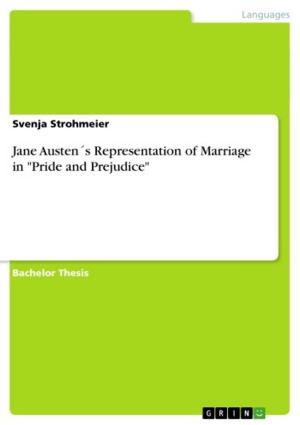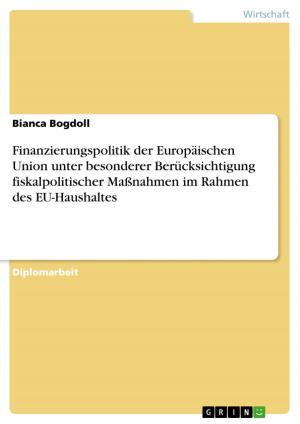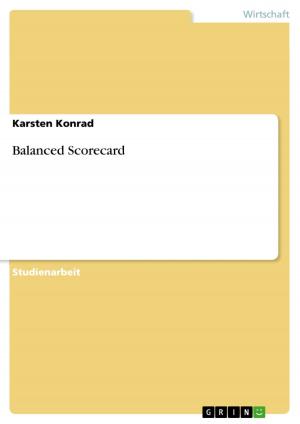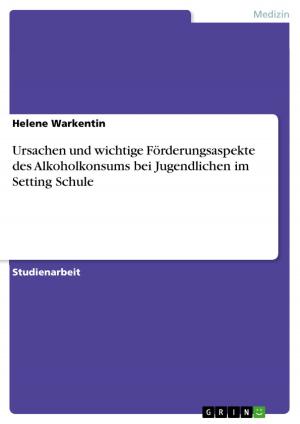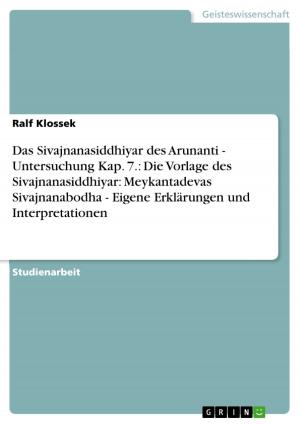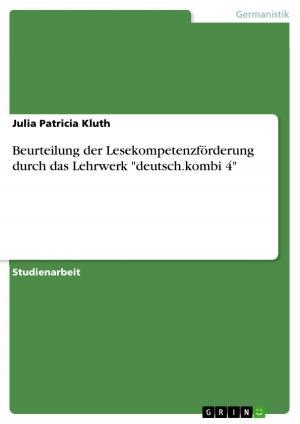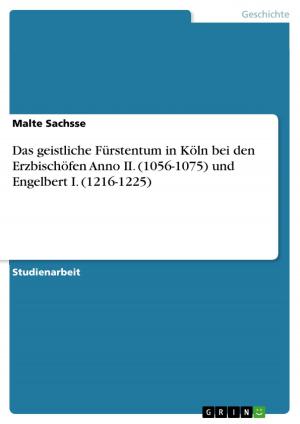Web 2.0 & Alternative Methods of Online Music Rights Management
Nonfiction, Reference & Language, Law, Media & the Law| Author: | Baris Isik | ISBN: | 9783640992935 |
| Publisher: | GRIN Verlag | Publication: | August 26, 2011 |
| Imprint: | GRIN Verlag | Language: | English |
| Author: | Baris Isik |
| ISBN: | 9783640992935 |
| Publisher: | GRIN Verlag |
| Publication: | August 26, 2011 |
| Imprint: | GRIN Verlag |
| Language: | English |
Master's Thesis from the year 2011 in the subject Law - Media, Multimedia Law, Copyright, grade: 14/20, Leuven Catholic University (The Centre for Advanced Legal Studies (C.A.L.S.)), course: International & European Copyright Law, language: English, abstract: This paper aims to propose alternative approaches to online copyright management in the music industry. To do so, it first introduces the concept of Web 2.0 and discusses its relevance to online copyright infringement in the music industry. In addition, current legislative framework both at the international and E.U. level is discussed in order to provide the reader with a picture of the current enforcement system. In a number of E.U. Member States as well as outside the E.U., there have been legislative efforts to control copyright infringement online. Graduated response is one of these systems which is adopted and being implemented by a few Member States. However, there have been strong reactions by user groups against this system in that the system threatens individuals' fundamental rights such as right to privacy, freedom of expression and freedom to access to information. In light of these reactions, this paper argues that the efforts of legislators to introduce stricter measures are futile and limit fundamental rights. This paper suggests that the legislator, instead, should introduce an exemption into the current legislation to protect Internet users who exchange media online for noncommercial purposes. The proposed system allows for a more fair balance between copyright owners' exclusive rights and the fundamental rights of individuals. On the one hand, it leads to a more liberal online environment where individuals freely and legally exchange copyrighted media; on the other hand it secures the right owners' economic rights and thus the incentive for creation is still effective.
Master's Thesis from the year 2011 in the subject Law - Media, Multimedia Law, Copyright, grade: 14/20, Leuven Catholic University (The Centre for Advanced Legal Studies (C.A.L.S.)), course: International & European Copyright Law, language: English, abstract: This paper aims to propose alternative approaches to online copyright management in the music industry. To do so, it first introduces the concept of Web 2.0 and discusses its relevance to online copyright infringement in the music industry. In addition, current legislative framework both at the international and E.U. level is discussed in order to provide the reader with a picture of the current enforcement system. In a number of E.U. Member States as well as outside the E.U., there have been legislative efforts to control copyright infringement online. Graduated response is one of these systems which is adopted and being implemented by a few Member States. However, there have been strong reactions by user groups against this system in that the system threatens individuals' fundamental rights such as right to privacy, freedom of expression and freedom to access to information. In light of these reactions, this paper argues that the efforts of legislators to introduce stricter measures are futile and limit fundamental rights. This paper suggests that the legislator, instead, should introduce an exemption into the current legislation to protect Internet users who exchange media online for noncommercial purposes. The proposed system allows for a more fair balance between copyright owners' exclusive rights and the fundamental rights of individuals. On the one hand, it leads to a more liberal online environment where individuals freely and legally exchange copyrighted media; on the other hand it secures the right owners' economic rights and thus the incentive for creation is still effective.

